Is There An Association Between Selfie-Taking and Intelligence/Creativity?
Introduction
I came across an interesting study today that looks at "Selfie" taking culture and it's relationship to creativity and intelligence.
The Study is called: "Selfies and the (Creative) Self: A Diary Study" and is by Karwowski and Brezki [1].
It is open access and you can read/download it here for free.
This study is interesting because it looks at a subject that I think many of us have pondered whilst perusing our social media feeds.
Depending on who you ask you will likely be told that selfie taking is a worthless, uncreative and narcissistic form of photography to those who think it is just as valid as any other type of photography.
In addition this study is also useful illustration of the common limitations of psychological and sociological research.
Scroll down to the "Conclusions/TLDR" section at the bottom for a summary.
Methods
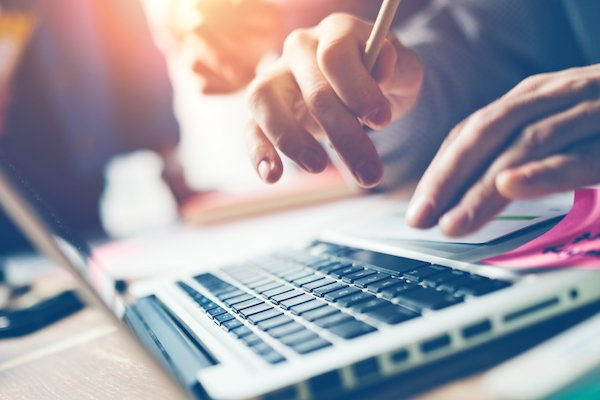
This sample took 293 Polish adults (174 women, 119 men, mean age 32.77) recruited from a larger cross sectional study which measured intelligence and creative achievement.
Active daily Facebook users from this group were asked to fill in a diary with:
Daily Creative Activity (15 different activities, intensity 1 = not at all, 7 = very intensively).
Selfie Taking (1 = not at all, 7 = very intensively)
The data was gathered over a course of 14 days and combined with the previous study data which looked at IQ and Creative achievement.
The data was controlled for age and gender differences as well as variation between weekday and weekend activity.
Results
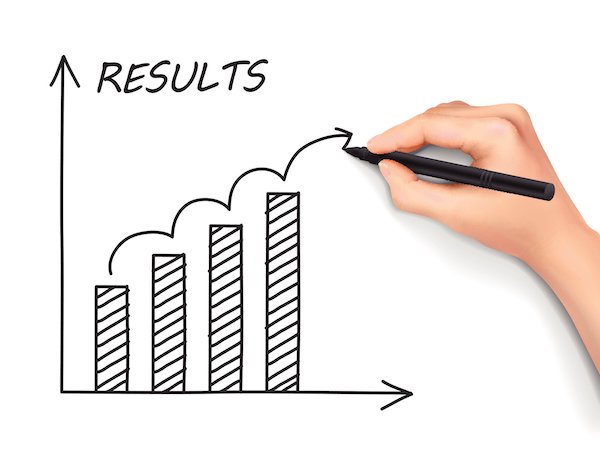
The main findings are:
1) Selfie Posting is "not very common" (see discussion below) across the population studied - only 13% in the 2 weeks studied.
2) There was considerable variability amongst even those individuals that did take selfies from day to day.
3) The overall relationship between creativity and selfie taking was slightly complex.
- Doing everyday creative activities seemed to correlate with increased selfie taking.
- Previous creative achievement like winning awards increased selfie taking up to a certain IQ level (one standard deviation above average) after which it seemed to stop.
- Scientific creativity had a negative relationship with selfie taking across the board.
4) The overall relationship between IQ and selfie taking was a largely negative one.
5) No significant age or gender differences were noted.
Discussion and Limitations

Is the Selfie Rate Here Low?
First of all it is interesting that the authors describe the rate of taking selfies as low at 13%.
In their own discussion of the previous literature it would seem that this result is actually quite high:
"Although selfies are becoming more and more popular among social media users, it does not mean they are common. Quite the opposite: a recent summary of the selfiecity project1 (Tifentale and Manovich, 2016) estimated the number of selfies in all social media sites at only 4% of all photos posted."
The rate here is more than 3 times that.
So either there is something different about this population compared to that previous research or something else is going on to account for the higher rate.
Perhaps Facebook users post a higher rate of selfies compared to other social media sites?
Could it be a unique cultural situation - is selfie posting bigger in Poland?

Small Sample and Gender Bias
Whilst not as bad as some studies this should be taken into account nevertheless. 292 is a relatively small sample and it was 60% female.
The combination of small sample and small gender imbalances might skew the results greater than either situation alone.
The lack of gender differences is also interesting because the authors own descriptions of previous research cite:
Females post more selfies than males (Dhir et al., 2016), although this effect seems to be moderated by selfie type: while selfies that present only a single person are indeed more common among women (Sorokowska et al., 2016), in the case of selfies with a partner or friends, differences are less profound.
This highlights an important issue. How is a selfie defined and did the study differentiate at all between the single and multiple person variety?
I could not find evidence of this (although it is always possible I missed it).
This would seem to be an important consideration because it could vastly alter the results.
Is it possible that the past research indicating lower selfie rates that I mentioned earlier was using a different definition?
Without more information on this it makes comparing results problematic.
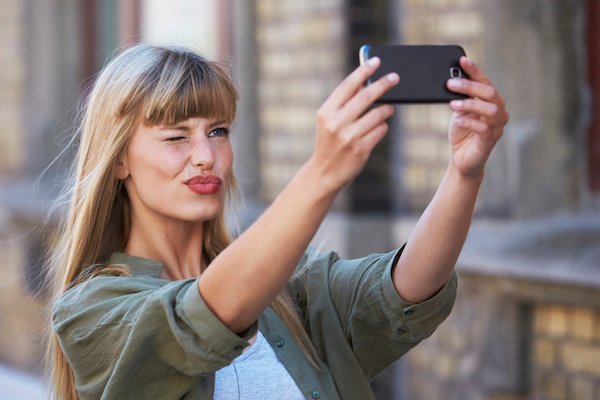
The Curious Interplay Between Creativity, IQ and Science
The results suggest that in those who have previously attained high creative achievement there is a slight increase in the amount of selfie taking.
There is a much higher increase for those who take part in daily creative activities except for scientific creative activities where there is no such increase.
Further the overall relationship with IQ seems to be a negative one.
The association with creativity would make sense but why is there no association with scientific creativity?
It is hard to say for sure, but perhaps this is for cultural reasons.
Perhaps those taking part in scientific pursuits have a different opinion of what is creative?
Could it also be that this is responsible for the IQ findings?
Is it more likely that those at the upper ends of the IQ scale are likely to be more highly educated and hence more conservative in what they consider to be "creative" activity?
From my own anecdotal experience the general attitude towards "selfie-taking" is that it is a vane and narcissistic activity that lacks artistic merit.
If this attitude is more prevalent amongst those of higher educational levels it might well influence the willingness of these people to take them or equally importantly to ADMIT to doing it.
The use of self reporting which I discuss below may exaggerate such effects.
The only way to find out would be to try to also assess the attitudes of participants in regards to taking selfies.
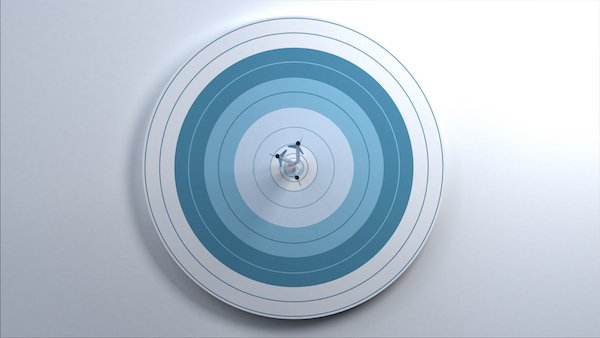
Self Reporting May Not Be Accurate
This is a self reporting study.
Although self reporting is commonly used in some types of research there is almost always a question as to how accurate it is.
For example people may deliberately misreport their activity because they feel ashamed of it.
They may also misremember things, particularly if they don't fill in their diaries right after an activity.
If you have ever filled in a food diary you may have run into both these problems.
These issues may be further skewed by cultural factors and personality traits such as narcissism and introversion which are pertinent to the behaviour we are studying!
So without some sort of "gold standard" method like actually recording direct Facebook activity of individuals (either via software or having another person check) we don't know how accurate this self reporting is.
It might be very accurate or it may be very misleading, we just don't know for sure without testing.
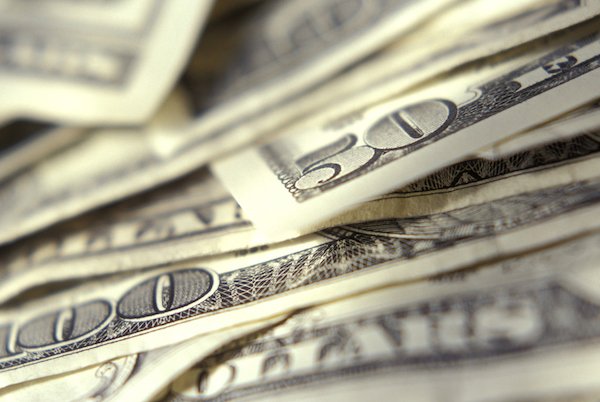
People Were Paid For Taking Part
The participants were paid for taking part.
This may select out certain types of individuals which may skew the results.
For example people who care more about money or are in greater financial difficulty may be more likely to respond.
We can't really know the effect of this (if at all) without further research.

Recruitment Was From Another Study
Every time you sample a population you are prone to introducing selection bias.
When you take the population from another study there is the potential that you will create a compounding effect on biases compared to sampling from scratch using the general population.
One can understand why this was done for reasons of practicality but this factor should be kept in mind.
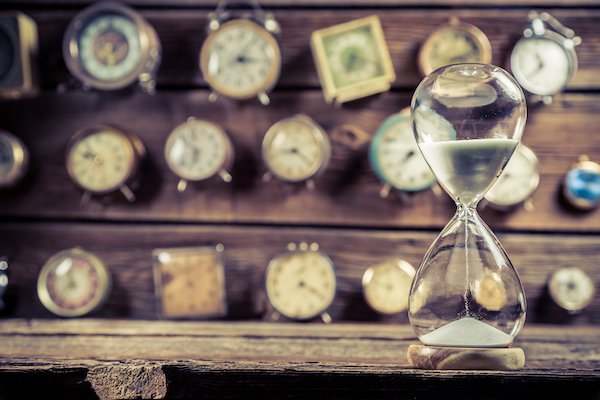
Is Such A Short Duration Representative?
The study took part over two weeks and one must consider how representative a small snapshot of behaviour like this is.
It is entirely possible that people's selfie taking activity is affected by a number of factors that relate to things like free time, interpersonal events and occupational workload.
The authors did take account of and try to control for variation of activity between weekends and weekdays but it does not really address these particular temporal issues.
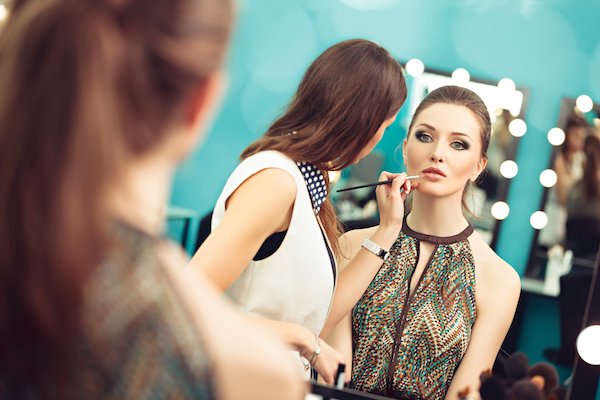
Occupational Selfie Taking?
These days a lot of people are using social media as a means of advertising their work.
For example if you are a personal trainer, beautician or a model it stands to reason that you might take more selfies as a means of promoting yourself.
Unless I somehow missed it I did not see the authors taking account of this.
It doesn't necessarily negate the authors findings but I find it to be a curious omission in a study of this sort.
From a rational perspective this would seem to be one of the biggest motivations for people taking selfies and so a reason for differences of rates between individuals.
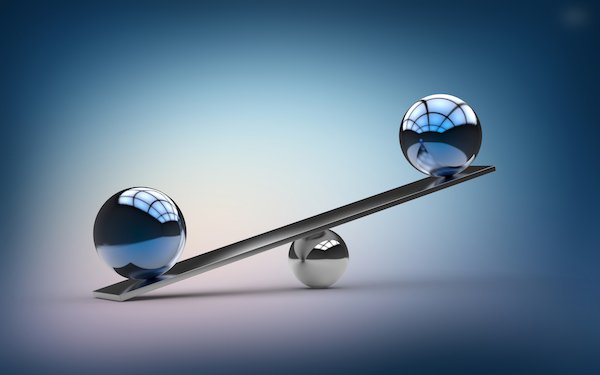
Author Bias
I'm not sure if it is just me but from reading the introduction it appears that the author is taking a (not so) subtle dig at selfie culture in general.
Perhaps I am being overly sensitive but the manner in which comparisons are made with seminal pieces of art from history strongly suggests that to me.
It stands to reason that if you have very dim view of selfies you might be more inclined to find the kind of results that we have here.
Have a look for yourself if you are interested.
Conclusions/TLDR
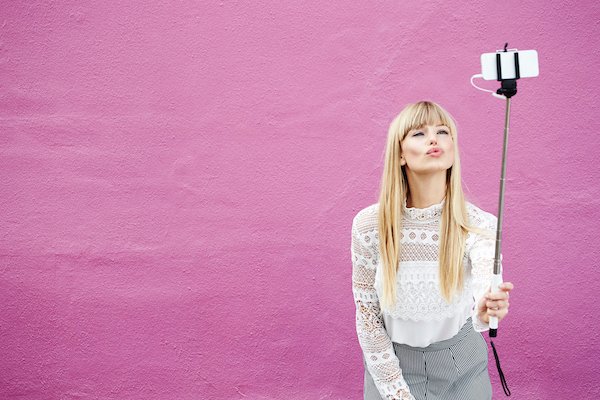
This is an interesting study for a number of reasons.
Despite the authors claim of a low rate of selfie taking the rate is actually three times higher than previous research.
Further it does not find significant associations between gender or age and selfie taking which is somewhat surprising and not entirely consistent with previous evidence.
The more robust findings are an increased rate of selfies in those who engage in greater (non scientific) everyday creative activities.
This would appear to make some sense both rationally and in the light of previous research.
Much more controversially there seems to be a negative correlation between IQ and selfie taking.
One might therefore conclude that those who are both creative and of lower intelligence are more likely to post selfies.
Whilst that may seem like an attractive idea to those who are critical of the practice I think it is overly simplistic, not to mention rather inconsistent with current thinking regarding creativity and intelligence.
For one thing creativity is a part of general intelligence and so it does not make complete sense that two inter-related domains of this sort would have different associations, one being positive and the other negative.
There are multiple limitations inherent in this sort of study the largest of which I think are the use of self reporting and lack of consideration for cultural factors and/education.
There may also be some author bias here.
Further there is no consideration of the marketing value of such behaviour.
Without further research to clarify and control for such issues I think this study doesn't really tell us very much.
The findings may make for interesting headlines but unless they can be confirmed it is hard to assess their true validity.
Thank you for reading
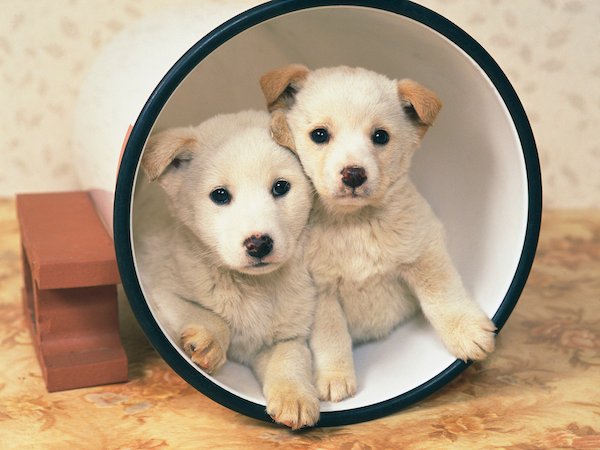
References
- Karwowski, Maciej, and Arkadiusz Brzeski. 2017. “Selfies and the (Creative) Self: A Diary Study.” Frontiers in Psychology 8 (February): 172.
If you like my work please follow me on Steemit: @thecryptofiend & on Twitter : Soul_Eater_43.
All uncredited images are taken from my personal Thinkstock Photography account. More information can be provided on request.
Before you go have you filled in the Coinbase form to list STEEM? It only takes a few seconds. THIS POST shows you how.
Are you new to Steemit and Looking for Answers? - Try:
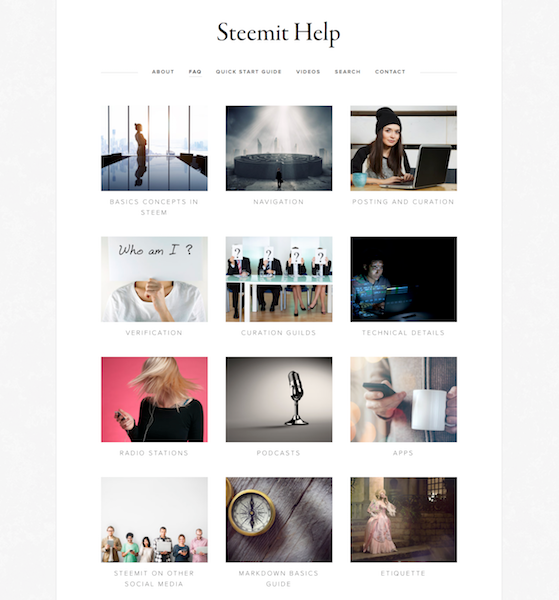
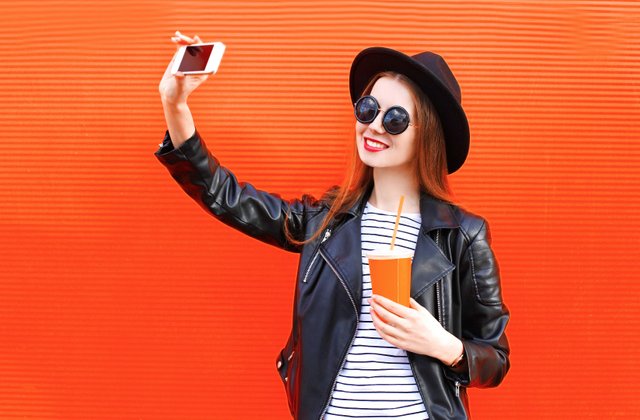
So, if you ask how is it possible to be creative and stupid at the same time, there is one clear answer:
Great answer:)
A very hype subject these days, thanks for the article again. Over the past two months, it is the 4th time I hear about "Selfie Research"! Two of the most remarkable ones underlined the relationship between narcissistic tendencies and the action of taking selfies, where the other one, brought forth the correlation between higher levels of psychological disharmony in relation to instances of selfie taking.
In relation to this quote "So either there is something different about this population compared to that previous research or something else is going on to account for the higher rate." , many people don't take pictures at all, many don't leave any pictures on their profile and, therefore, aren't part of the selfie culture at all, though they are present on the social medias.
I have to agree that the sample group, both with the inequality and small in number over a fairly short amount of time, makes the study rather superficial, yet brings about very interesting point to research much further.
Thanks a bunch for your analysis, always appreciated. Have a great day and namaste :)
Yes science news sites and the press in general I think love this kind of subject!
Yes and there may also be the issue of people being more safety conscious too due to fears about identity theft and so forth.
Yes and it may well be that these findings are confirmed in larger studies with more refined methodology. We won't know until they actually carry them out.
Thanks you too:)
I sometimes wonder how often professional photographers take selfies in their spare time. Those few that I know share my motto, based on what people tell you about cutting with a knife: "Always photograph away from yourself".
Still, I sometimes wonder why people look down on selfies when self-portraits by painters meet no disdain. Maybe it's just the level of skill involved.
Possibly. I have personally noticed that the people who take selfies do it a lot. Perhaps the quantity in addition to the perceived effort devalues the artistic merit.
Selfie taking has been linked to psychopathy and narcissism. Not sure if those are linked to creativity or not.
I am aware of narcissism but not psychopathy - I will need to look into this :) Thanks!
Interesting article-- thanks for putting this together!
I have nothing "scientific" to contribute here-- just some intuitive hunches.... and some musings on the data that might reveal more about the truth of human nature.
I see these studies, and I find myself wondering if selfie-taking is more prevalent among extraverted ("people oriented") individuals, than introverted. And-- by extension-- a desire for social acceptance through appearance rather than through "talents" or "personality."
If you look at Instagram, the selfies/people photos you see there represent a degree of "pretty" that's not representative of the general population... so it makes me ponder the "self" as creativity (as opposed to some other kind of art) among people of above average looks. Again, this is a broad generality... but it sort of follows the IQ correlation idea. If I think of people I have known in person over the years... it seems like the "pretty but not so bright" seem more likely to pose the question "Do I look hot?" than those who are "pretty and also bright." And that could be applied to men and women. In a sense, they end up "posing" in lieu of exploring other forms of expression...
Yes there does seem to be some evidence to support that.
Some might also suggest that if you are pretty there is less need to be bright!
my bias, LOL, which flavors the rest of my commentary
hmm, how about this:
Good job on pointing out the methodology pitfalls and the potential author bias!
I love your little definition there it is actually quite poetic!
There does actually seem to be some evidence to back this up - I found a few abstracts that suggested it and some of the discussion in this study pointed to that. I will see if I can get hold of a large study or better yet a Review on it.
Very good question and there may be a strong cultural/societal bias towards this. People with higher grades tend to be expected if not pushed into science jobs versus more artistic ones. I think there is also a strong anti-art bias in some areas of science which may then influence people's culture further and hence what kind of activities they engage in.
Thanks we should always be on the lookout for such things.
I wonder if there is a personality trait associated with it; drawing solely from personal experience, I resented art & music classes and wanted more math, history, and science as a kid. So that could just be me. It certainly explains my own bias.
I think it is a strong possibility.
so much to learn...so little time
Ugh, I do not take selfies... but that might be more a function of me not being the right age. I don't think it has anything to do with my intellect. I am relatively introverted, and taking selfies is a very extrovert thing to do. I would suspect that it has more to do with personality type then whether that person has a higher capacity for learning. Dunno, would be curious to hear about more follow up studies on this. Social Sciences are always interesting, but sort of wishey washey.
I suspect you are right.
It's always the issue I am afraid! Makes for nice headlines though:)
Very interesting.I really respect how you take into account all the flaws or possible flaws with the study(there is probaly some more scientific and smart term,which I curently forgot),and that you strive to be objective.Articles which refers to studies without any critical thinking are quite useless.
Thank you that is very kind:)
Yes sadly it happens very often.
@thecryptofiend Very interesting post!
some studies came up with a disease called selfietitis - this only applies to those who posts a selfie not just on a daily basis but as often as they want ..not sure if it has an association with creativity or intelligence though I have friends who really can make themselves look so pretty on selfies but I think it's more of fake self reporting cause one time, our group went out and she tagged along but she was on a diet and she just took the sandwich I bit on her hand and opened her mouth as if she's going to bit it, smized and took a selfie then posted on her status;" Out in the summer sun enjoying a lobster sandwich." We just laughed cause we're friends but if we weren't I'd find that as dishonest but cause she's my friend - I find it more of as being cool - more of.
However, she didn't beat these
source
source
Interesting:)
I'd have to agree with you. The study doesn't really confirm anything for me.
It's a shame, because I was hoping it would. It may have given me reason to download snapchat again lol.
I, like most, am a fan of beautiful women. But, a few years ago, I reached a point where the enjoyment I was able to take from looking at a sexy girl who posted a sexy pic, was not enjoyable enough to negate the disgust I felt that this sexy girl was taking a sexy pic so lots of guys can be like, "you're hot."
I had to delete the shit because I couldn't even enjoy being a pervert anymore. Lol. If this had turned out that selfie takers were more creative, I may have been able to balance the disappointment I feel when looking at attention seekers.